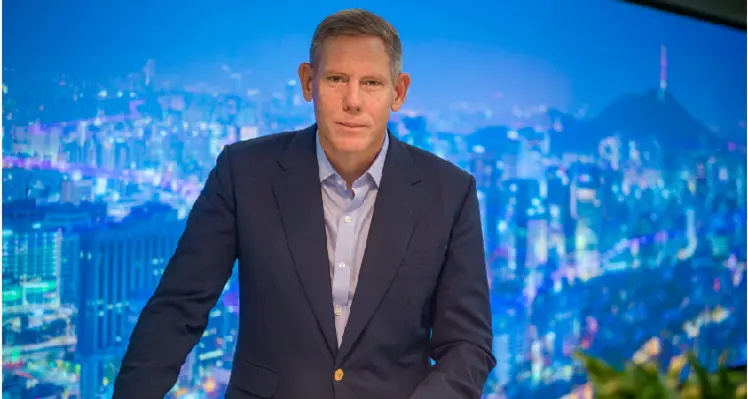AVEVA will demonstrate at COP28 in Dubai how leveraging data in a connected industrial economy can accelerate the path towards a sustainable future
AVEVA is a gold sponsor of the International Chamber of Commerce pavilion within the Blue Zone of COP28, with the aspiration of building bridges between developed economies and the global south.
During COP28, AVEVA executives will take part in various panel sessions, highlighting how digital solutions can minimise CO² emissions of existing industrial infrastructure while maximising efficiency across the value chain and delivering measurable cost savings that can be reinvested in clean technologies.
Caspar Herzberg, CEO of AVEVA, said, “The world must dramatically cut waste. The industrial sector accounts for a quarter of global emissions. Every day, our customers prove that digitalisation enables industrial companies to drive measurable carbon reductions, including for traditionally energy-intensive industries. At AVEVA, our ambition is to accelerate low-carbon innovation, and to drive circularity and efficiency across the value chain. We want the software we create to transform how industries are designed and how they operate, to accelerate climate action and reduce inequalities. Forging partnerships with businesses, governments and civil society leaders here at COP is critical to build forward-thinking, collective solutions that accelerate climate action, worldwide.”
Harpreet Gulati, senior vice president, and head of PI System Business at AVEVA, said, “Harnessing the potential of green hydrogen could avoid up to 80 gigatons of cumulative CO² emissions by 2050, contributing to as much as 20% of total abatement required to drive the net-zero economy. The hydrogen sector will require a new transportation, distribution, and regulatory approach to operate successfully as an alternative fuel. Combining this with the latest digital twin and AI-enhanced capabilities, industries can discover new paths to drive efficiency and decarbonise.”










